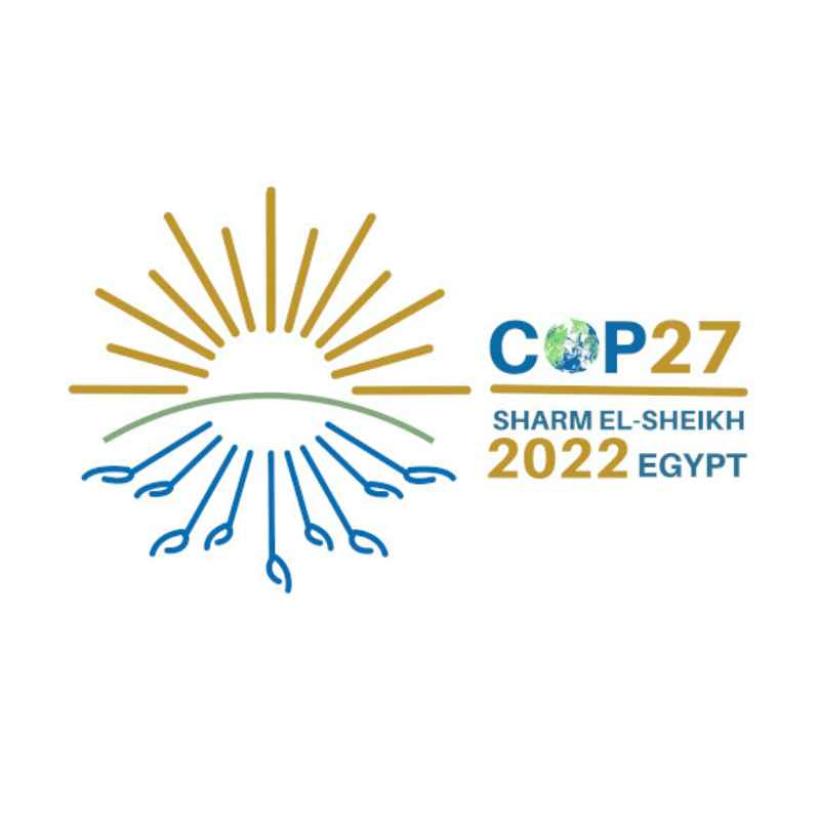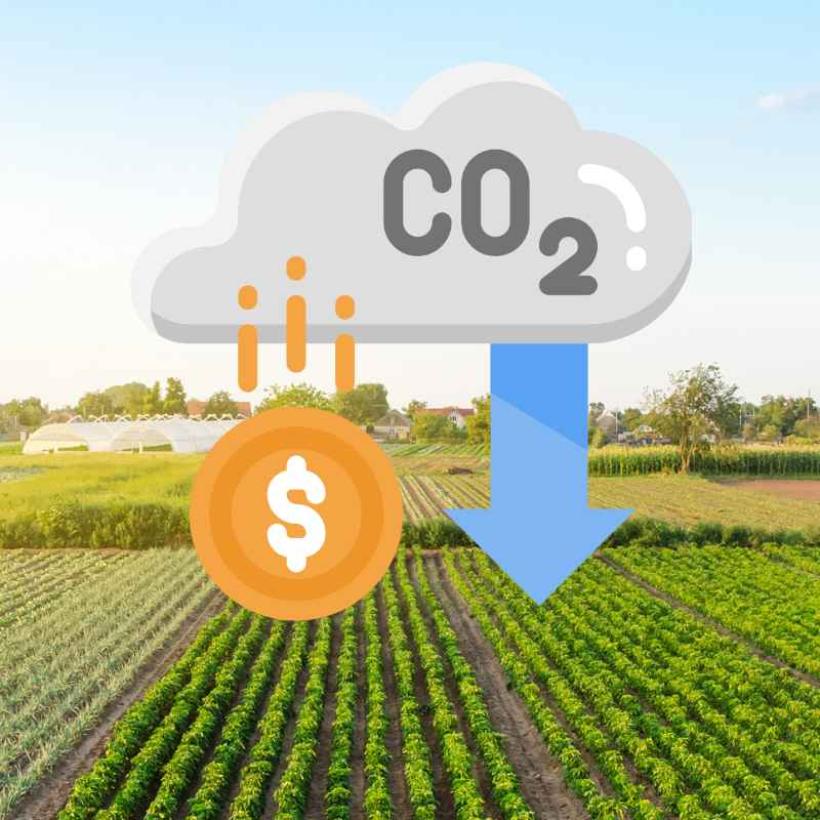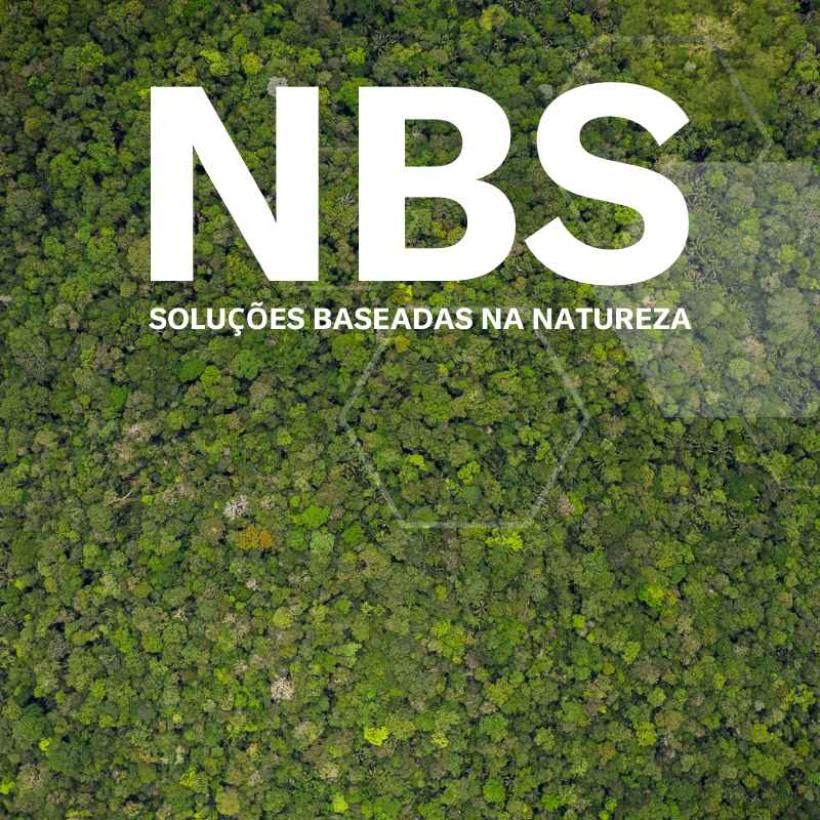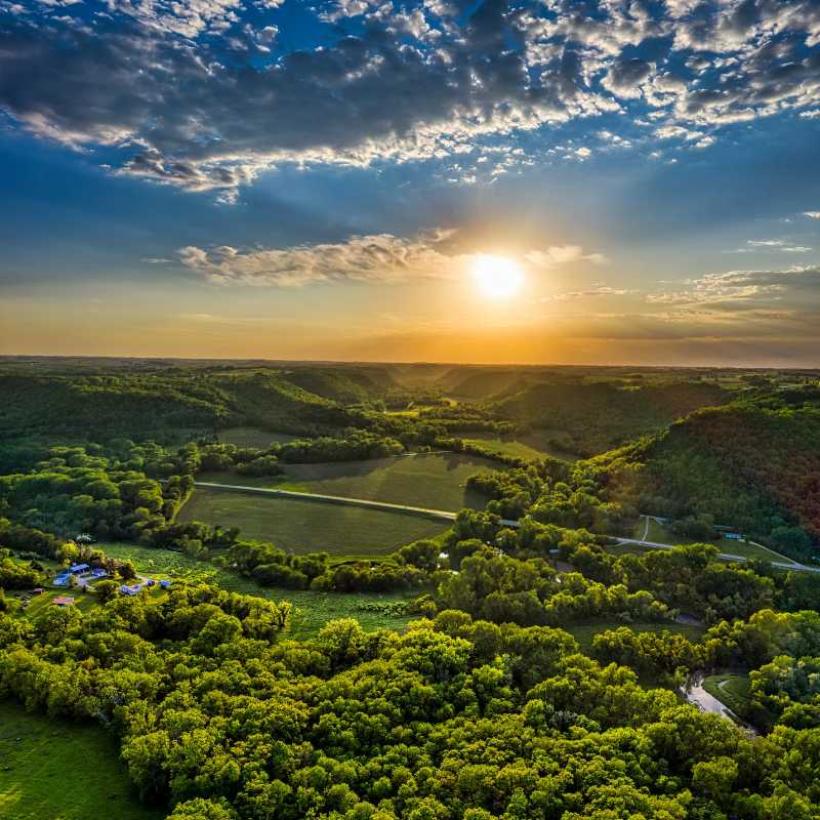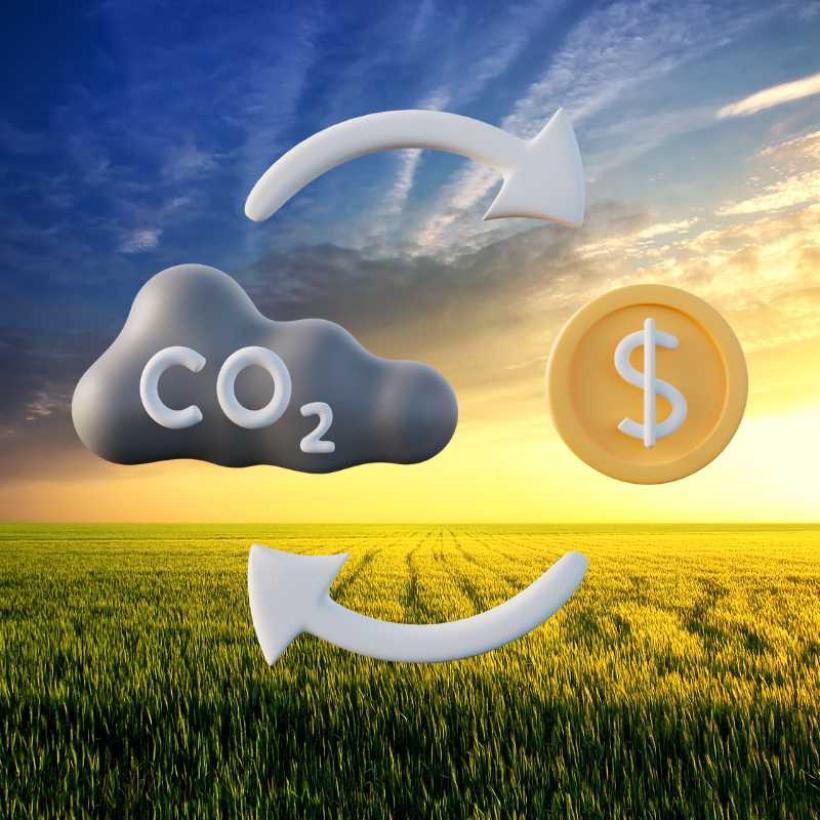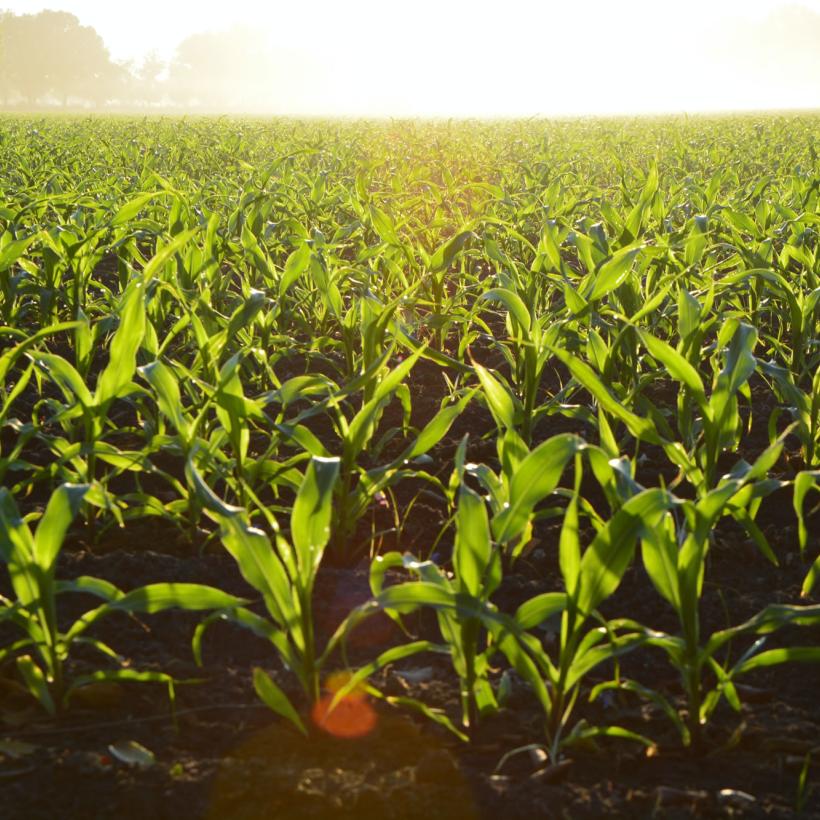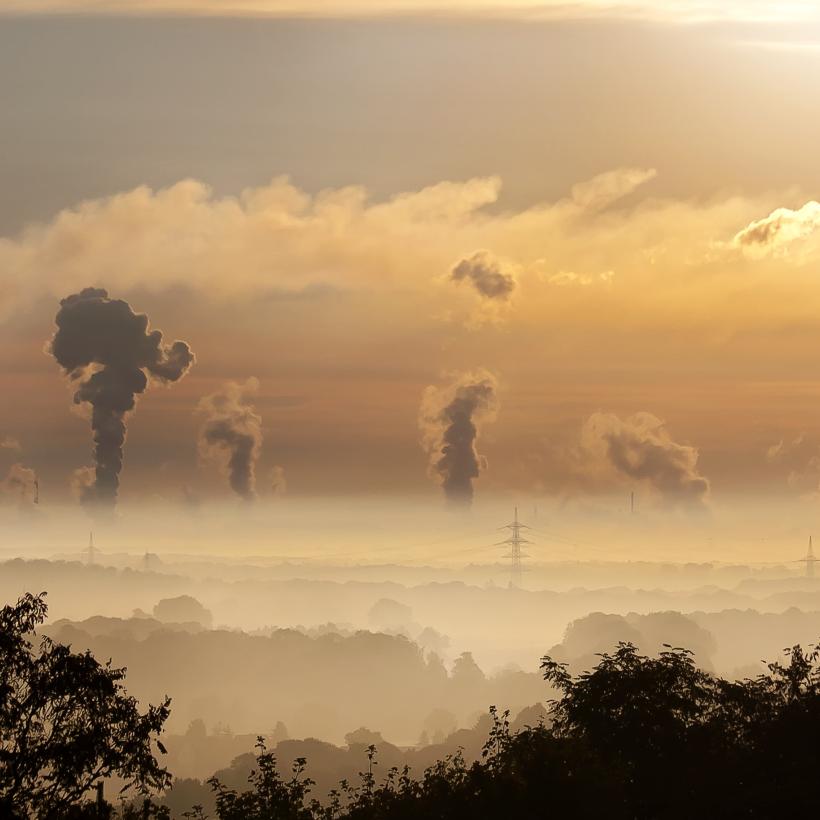
Você conhece um projeto de geração de créditos de carbono NBS? Sabe quais benefícios um projeto REDD+, oferece para a comunidade local?
Conheça o projeto Envira Amazonia, certificado pela VCS Verra, o projeto Envira é um dos muitos projetos REDD+ de crédito de carbono comercializados pela MyCarbon.
REDD+ é um mecanismo que visa reduzir as emissões de gases de efeito estufa provenientes do desmatamento e da degradação florestal, além de promover a conservação florestal e o manejo sustentável das florestas.
Para que um projeto REDD+ seja efetivo, ele precisa ter algumas características, selecionamos algumas abaixo:
- Redução de emissões de gases de efeito estufa: o projeto deve ter como objetivo principal reduzir as emissões de gases de efeito estufa provenientes do desmatamento, da degradação florestal, do manejo florestal e do reflorestamento.
- Conservação florestal: o projeto deve incluir medidas para proteger áreas de floresta existentes e impedir a conversão de florestas em outras formas de uso da terra.
- Participação e consentimento das comunidades locais: as comunidades locais que dependem das florestas devem ser consultadas e envolvidas no processo de desenvolvimento do projeto e ter seus direitos respeitados.
- Benefícios sociais e econômicos: o projeto deve fornecer benefícios sociais e econômicos para as comunidades locais e outras partes interessadas, como empregos, renda e acesso a serviços básicos.
- Monitoramento e verificação: o projeto deve incluir um sistema de monitoramento e verificação confiável para garantir a precisão das reduções de emissões e a integridade ambiental do projeto.
- Coerência com políticas nacionais: o projeto deve estar alinhado com as políticas e regulamentações nacionais relevantes e contribuir para a realização das metas climáticas e de desenvolvimento do país.
- Transparência e prestação de contas: o projeto deve ser transparente e prestar contas sobre seu desempenho e impactos ambientais, sociais e econômicos.
Muito se confundi projetos NBS com projetos de energia limpa. É importante esclarecer que que estes projetos não fazem parte diretamente dos projetos baseados na natureza (NBS), mas podem ser complementares a eles e contribuir para a redução das emissões de gases de efeito estufa. Projetos de energia limpa são aqueles que utilizam fontes renováveis e de baixo impacto ambiental, como a energia solar, eólica, hidrelétrica, biomassa e geotérmica.
Embora os projetos de energia limpa não sejam considerados NBS, eles podem ser integrados a projetos NBS para alcançar resultados ainda mais significativos em termos de mitigação das mudanças climáticas e promoção da sustentabilidade ambiental. Por exemplo, a instalação de painéis solares em áreas protegidas ou em sistemas agroflorestais pode gerar energia limpa e ao mesmo tempo preservar a biodiversidade e a produtividade do ecossistema.
Além disso, os projetos de energia limpa também podem ser certificados por padrões internacionais de carbono, como o Verified Carbon Standard (VCS) da https://verra.org , permitindo que empresas e governos compensem suas emissões de carbono por meio da compra de créditos de carbono gerados por esses projetos. Dessa forma, os projetos de energia limpa e os projetos NBS podem trabalhar juntos para reduzir as emissões de gases de efeito estufa e promover a sustentabilidade ambiental.
Quer comprar créditos de carbono NBS - REDD+ ou de projetos de energia limpa comercializados pela MyCarbon, acesse: https://lnkd.in/dtwyiZit
Siga nossas redes, se inscreva em nossa newsletter.
A MyCarbon acredita em um futuro resiliente às mudanças climáticas.
MyCarbon, responsabilidade com o meio ambiente e com a humanidade. Junte-se a nós!



